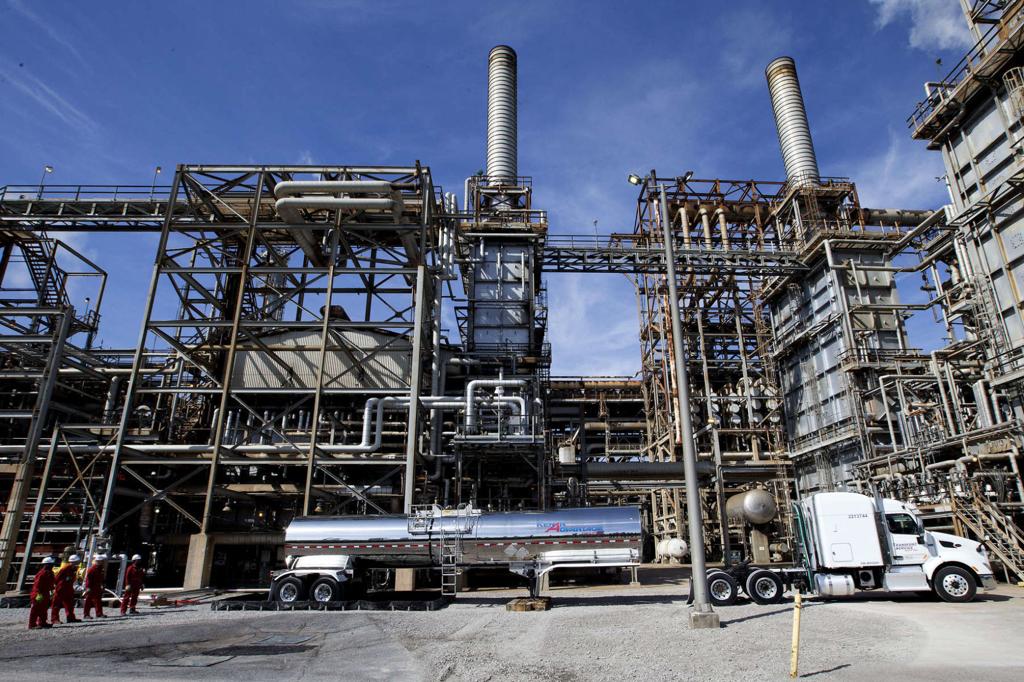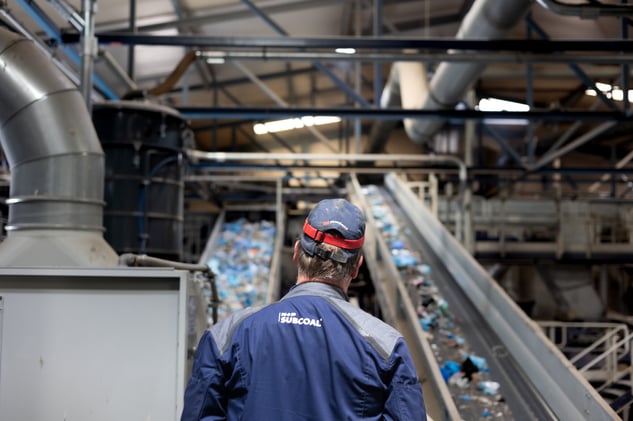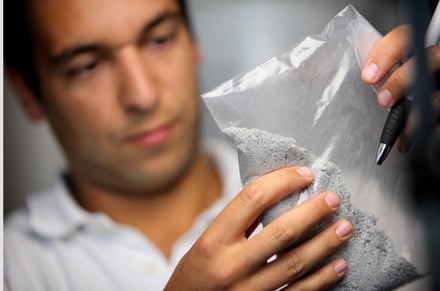WASTE-TO-CHEMICALS
CATALIST FOR 100% circular economy
Even with mechanical recycling, much waste remains unsuitable for new high-quality products. Waste-to-Chemicals (W2C) offers a new solution by breaking waste down to its molecular structure for reuse in existing industries. This enables circular production of fuels like sustainable aviation fuel (SAF) and new plastics, reducing reliance on fossil resources while maximizing the value of waste.

What is Waste to Chemicals?
Waste to Chemicals (W2C) refers to the process of converting various types of (non-recyclable) waste materials into valuable chemical products. However, these different waste streams cannot be used immediately. An essential step here is high-quality sorting into monostreams. This is where N+P is an essential link for the emerging Waste to Chemicals industry. This combination plays a crucial role in the circular economy by transforming waste that would otherwise be sent to landfills or incinerated into useful chemicals, thereby reducing environmental impact and empowering sustainability new industries.
Key components include:
Feedstock types: W2C processes utilize various types of waste, including municipal solid waste (MSW), industrial waste and specific waste materials that are challenging to recycle. It is essential that these waste streams are first sorted to a high standard so that they meet specific requirements before they can be used for conversion technologies.
Conversion technologies: Different technologies can be employed for W2C, such as pyrolysis and gasification. These methods break down waste materials at high temperatures or through chemical reactions to produce intermediate products like syngas, bio-oil, and other chemicals.
Chemical products: The output of W2C can include a range of valuable chemicals, such as:
- Fuels (e.g., biofuels, synthetic natural gas)
- Basic chemicals (e.g., methanol, ethanol, and other hydrocarbons)
- Raw materials for producing plastics and other materials.


"In a world striving for carbon neutrality and circularity, advanced sorting technologies are the essential link that makes Waste to Chemicals possible, to offer a solution that reduces landfill use, recovers valuable resources, cuts greenhouse gas emissions, and supports sustainable industry growth."
"This approach aligns perfectly with circular economy goals by transforming waste into valuable resources and reducing our reliance on fossil-based materials."
Lars Jennissen
Chief Technology & Innovation Officer
LEADING THE WAY IN WASTE-TO- CHEMICALS SOLUTIONS
With over 30 years of experience, N+P Group transforms global waste surpluses into valuable feedstocks, alternative fuels, and raw materials for energy-intensive industries.Our expertise in logistics and compliance ensures waste is effectively used in sustainable production processes.
“At N+P, we don’t just manage waste — we transform it into valuable, renewable resources for the industries shaping tomorrow.”
We support emerging technologies like pyrolysis and gasification by delivering high-quality, treated feedstocks. Pyrolysis needs clean mono-streams; gasification requires stable, homogenized waste—both of which we provide.
Our Subcoal® pellets, made from non-recyclable waste, are already powering major industries. N+P leads the shift from waste to resource, driving innovation in circular and renewable Waste to Chemicals solutions.

Enabling a circular economy: Politics & Innovation
At N+P, we advocate for collaboration between industry and government to enable a circular economy through clear regulations and supportive frameworks.
By showcasing success stories from regions embracing Waste to Chemicals (W2C) and contributing ideas—such colaborations with universities and independent research institutes—we aim to shape effective policy.
However, we also recognize the barriers that exist, including public misconceptions about waste, technical and cost challenges, and obstructive laws and regulations. To learn more about how we can collectively overcome these obstacles and drive innovation in the circular economy, we encourage you to download our value chain PDF.


Want to learn more or collaborate?
Whether you're a policymaker, active in the waste or chemical industry, or a curious citizen, we look forward to talking with you about the opportunities that N+P sees within the Waste to Chemicals sector."
N+P Group utilize the value of waste to reduce the global CO2 footprint.
Get in contact